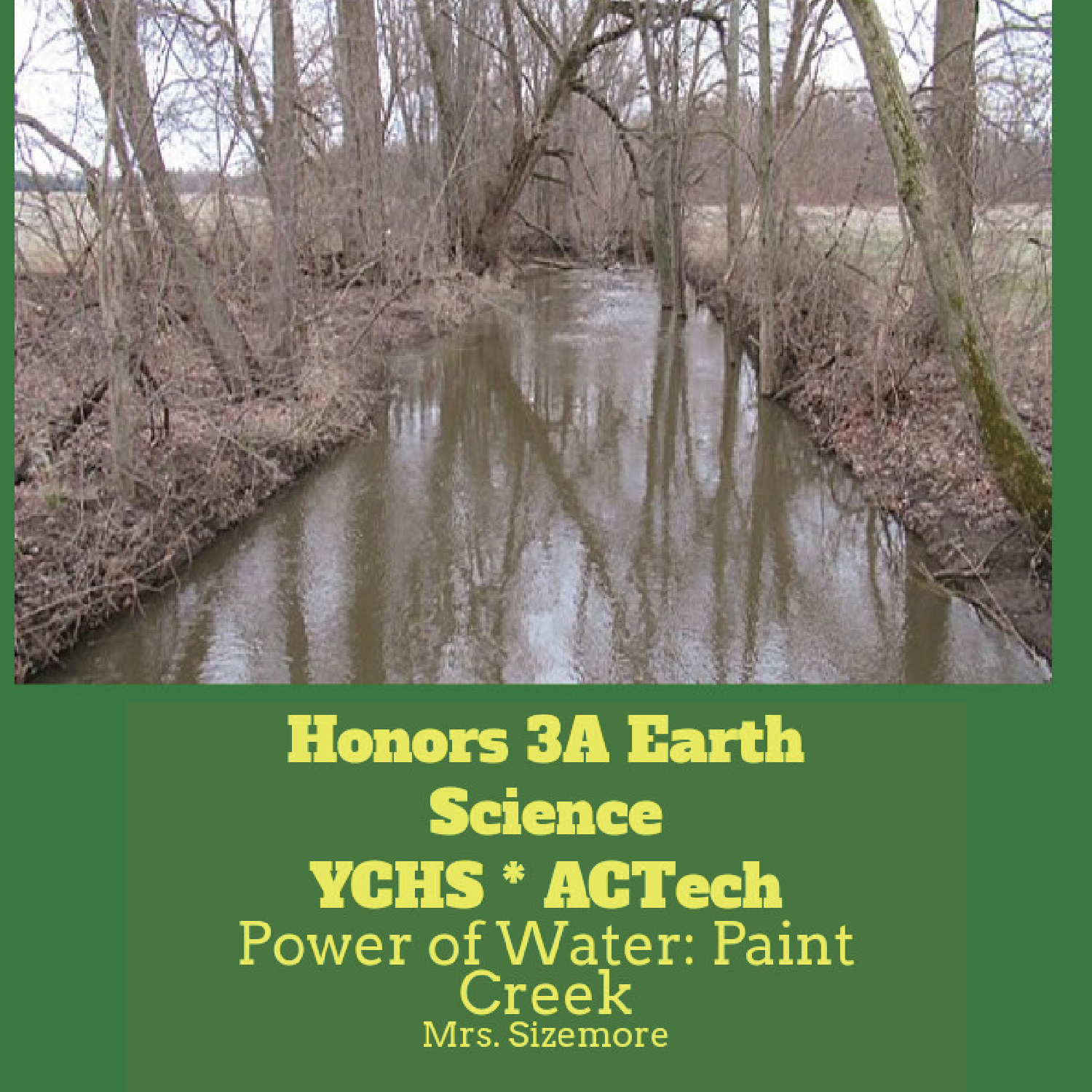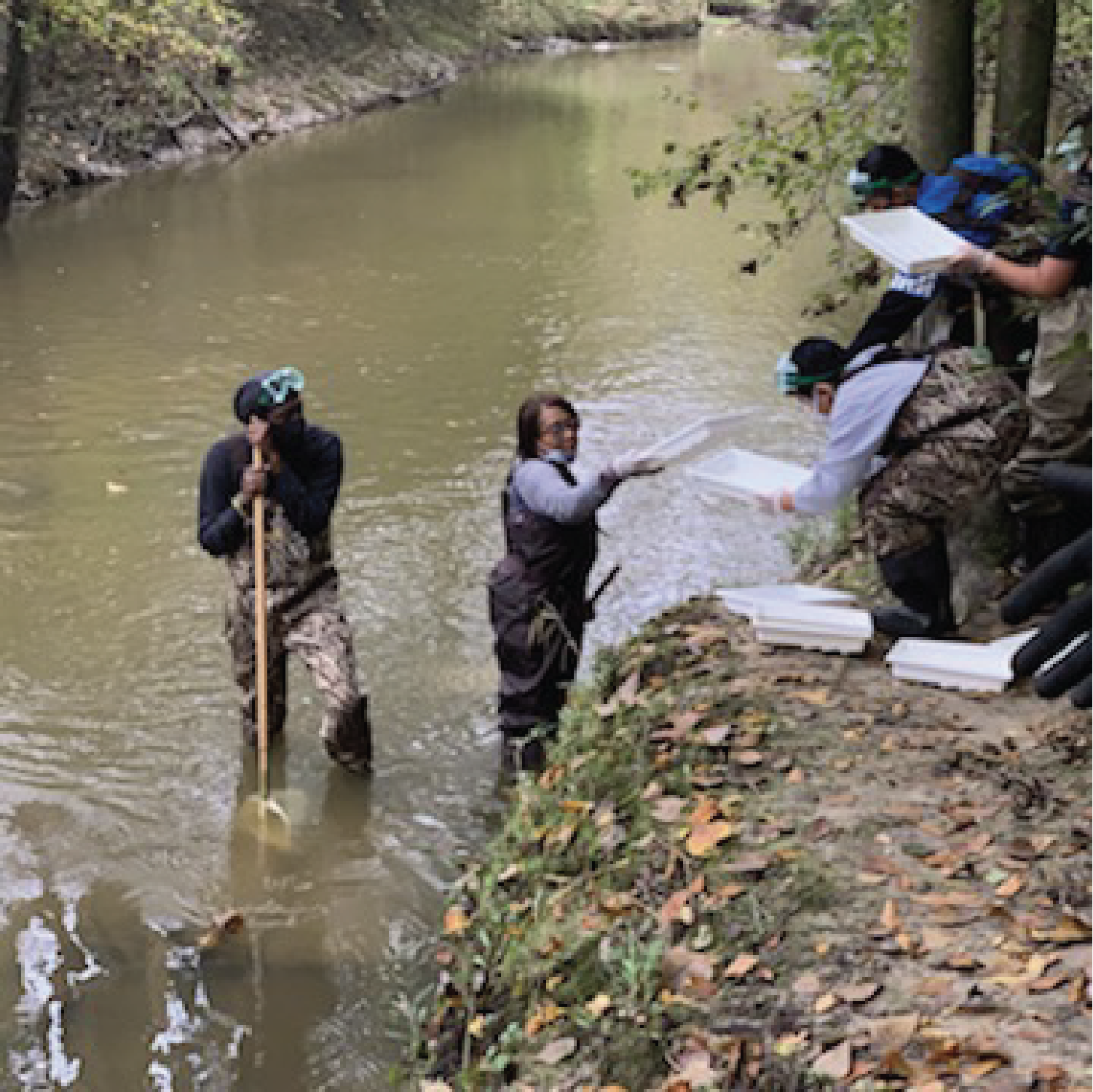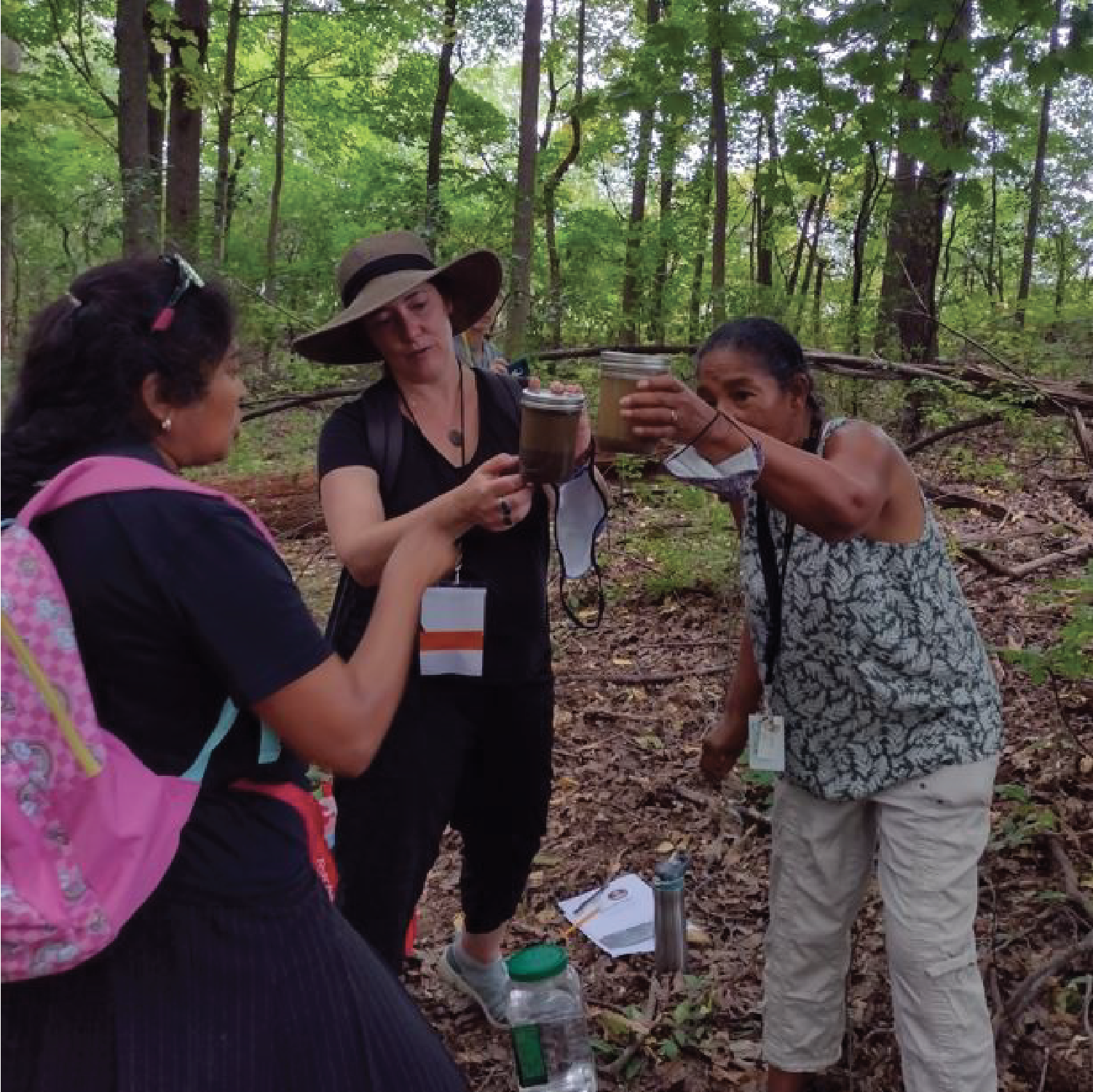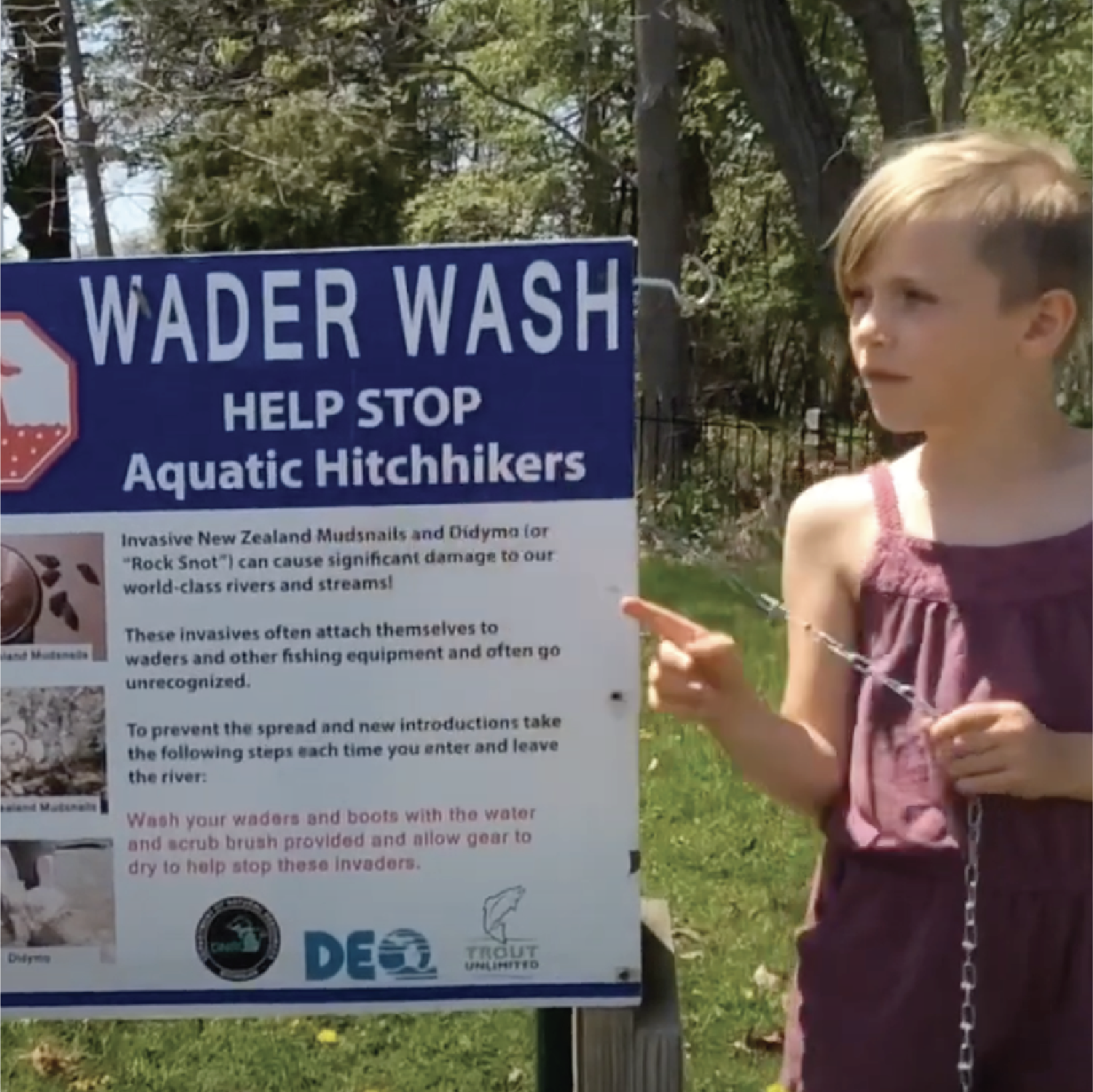How do you describe Place-Based Education to a friend, relative, or colleague who isn’t familiar with it?




“Place-Based Education means starting from your local place when teaching a concept or unit to students, including local ecosystems, local history and local government. Teaching in this way allows the learning to be more accessible and authentic.”
Sarah Halson, SEMIS Coalition Education Specialist
“Connecting to your place and space. When we learn about the water cycle in science, how does that connect to the Great Lakes? When we are using the Engineering Design Process, how can we utilize that in our quest to
construct a neighborhood park? Education happens in and through your place.”
Amy Lazarowicz, Elementary School Teacher
“Place-Based Education is about bringing meaning to learning, getting outside the classroom and into the community, and offering both teachers and students specific tools and strategies they can use to impact issues they care about, not just study them.”
Justin Schott, Project Manager of the Energy Equity Project
“Place-Based Education connects student learning with their community. It creates meaningful experiences in which students make personal connections and engage in activities that promote positive change regarding issues within that community that are of importance to them.”
Tracy Ortiz, Middle School
Teacher

